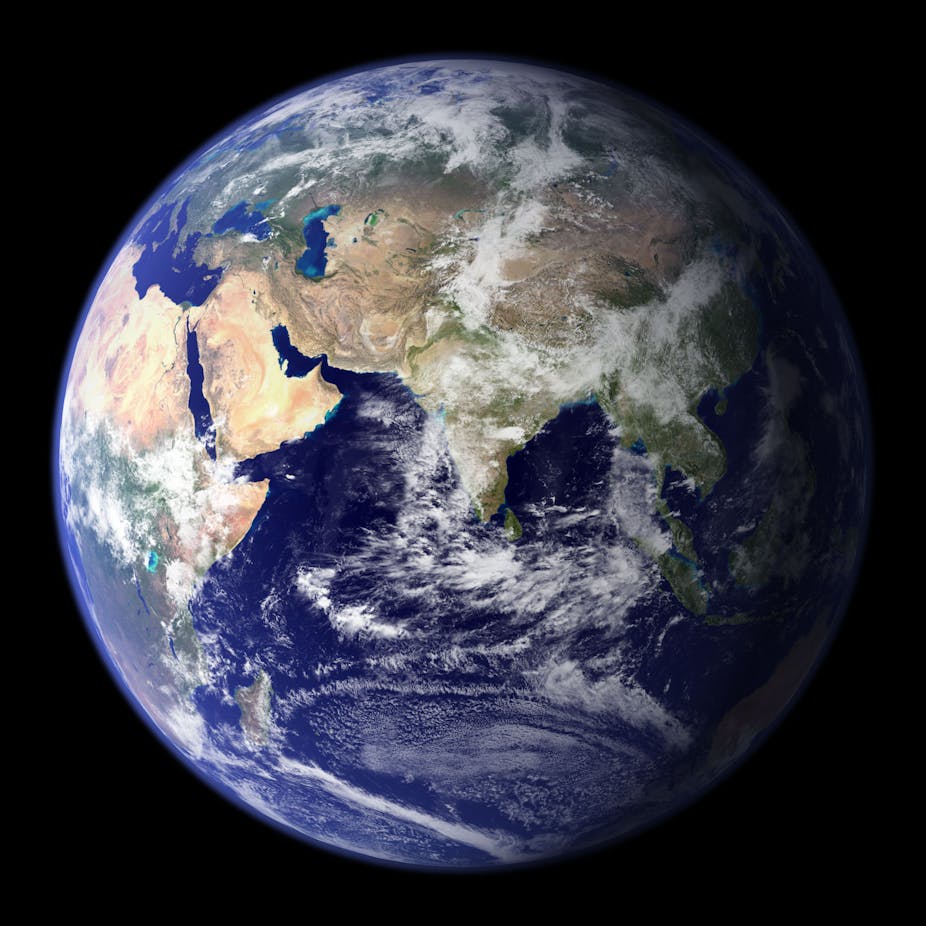It seems somewhat eccentric if not a little absurd to suggest that a planet is a living thing. Earth has life on it, but it’s not a biological organism. Any theory or argument which concludes that the Earth is alive could be safely filed under “wronger than wrong”.
So when James Lovelock and Lynn Margulis first proposed the Gaia Hypothesis in their 1974 paper some seized on the possible implication that the Earth is a form of biological organism.
The Earth is alive? Nonsense!
before we had this kind of arrogant thinking we should think about the Universe. Of course, the first question. "where does it come from??" What is the energy allowed to arrive till today?
That´s the reason we need to study laws or models could explain about that.
The first theory to explain the origin of the universe is the Big bang theory. Continue in English the main concepts about that... Here are in Spanish.
YOU DON´T HAVE TO TRANSLATE ALL BUT THE IDEA.
La teoría más aceptada actualmente para explicar el origen del universo es la teoría del
Big bang. Según esta teoría el universo se formó hace 14.000 m.a. a partir de una gran
masa densa y caliente que explotó, liberando toda la energía y materia conocida del
universo, incluyendo el tiempo y el espacio.
Tras esta explosión se produjo una gran expansión y la atracción gravitatoria entre las
partículas liberadas dio lugar a esferas gaseosas en rotación. Estas nubes poco a poco
tomaron forma de disco plano, para finalmente formar las galaxias.
Nuestra galaxia, la Vía Láctea, se formó hace 8000 m.a. y con ella se fueron formando
también los planetas y satélites gracias a los choques entre las partículas y la atracción
gravitatoria.
Nuestro Sistema solar se formó en un extremo de esta galaxia. Primero se formó el
protosol en el centro, por una concentración de gas y polvo cósmico y posteriormente a
su alrededor, se fueron formando agregaciones de materia en rotación (planetesimales).
Finalmente, estos planetesimales darían lugar a los planetas y satélites de nuestro Sistema
Solar (5000-4600 m.a.).













No hay comentarios:
Publicar un comentario